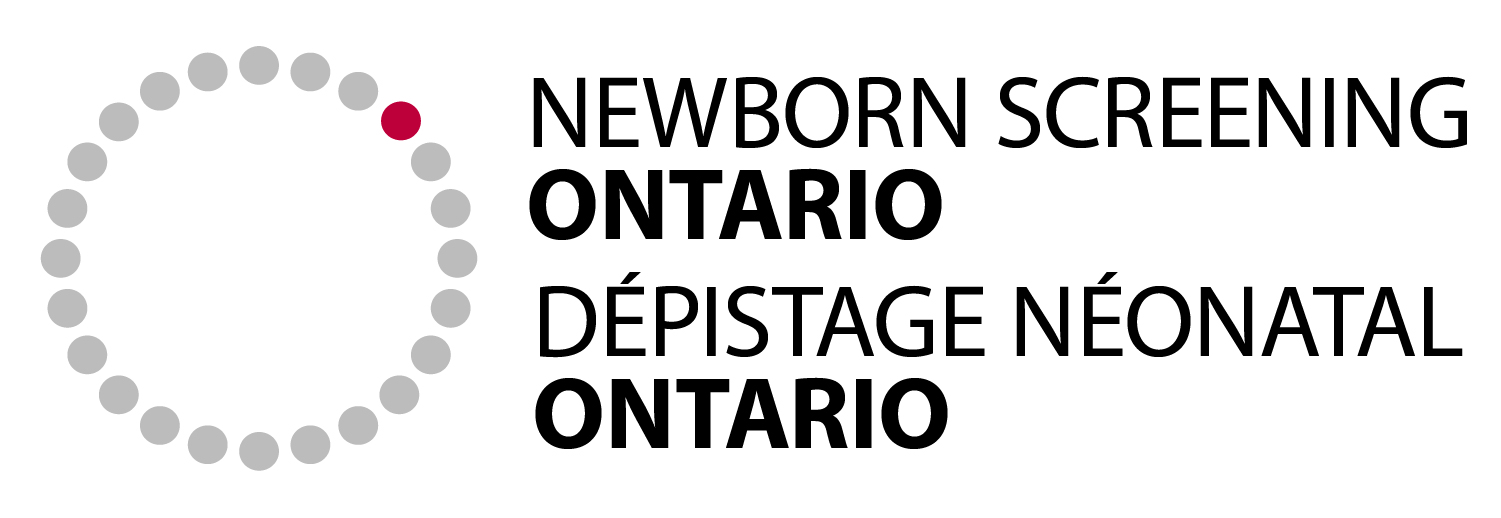No! We accept samples from patients of all ages and various indications. Diagnostic testing can be requested for any individual who presents with symptoms of these diseases. Carrier testing can also be requested (including familial variant testing and full gene sequencing for reproductive partners). We also offer prenatal testing (see question below).
Molecular Diagnostics FAQ
Here are some commonly asked questions about molecular diagnostic testing at NSO.
Is testing only available for infants with a positive newborn screen?
How can STAT testing be requested?
If your request is urgent, please indicate how a shorter TAT will change patient management by selecting the appropriate reason on the requisition. Accepted reasons to expedite testing include the following:
- Ongoing pregnancy and result is needed for decision making within 6 weeks
- Positive newborn screens where molecular results are essential for treatment decisions
- Expedited results will directly impact management decisions
We aim to report as soon as possible and to have all reports issued within the above times. Feel free to contact us for a status update on a report or if clinical circumstances change and issuing a report sooner is needed; we will accommodate to the best of our ability.
Can exome data be requested for further analyses/interpretation?
Exome data can be requested for further analyses/interpretation in a research setting if a signed research consent has been obtained. If you are interested in requesting this, please contact us for further details.
Is prenatal testing available?
Prenatal testing is available when familial variants have been previously identified or there is clinical suspicion for the disease. Please contact us prior to sending a prenatal sample.
For prenatal testing requests and requests for testing on umbilical cord blood, NSO requires that MCC studies be completed. This is now available at NSO and can be requested by selecting MCC studies on the molecular requisition accompanying the maternal sample. If MCC studies are arranged externally, they must be done on the specimen that is being shipped to us for analysis (for example, if we are receiving DNA extracted from cultured amniocytes, then MCC studies performed on direct amniotic fluid would not be acceptable) and a copy of the report must accompany the specimen.
What type of sample is acceptable for prenatal testing?
We require extracted DNA for prenatal requests. We do not accept direct amniotic fluid, chorionic villus samples, or uncultured/cultured cells. Please make sure that a back-up culture is set up in case another sample is needed to complete the testing.
Is deletion/duplication testing available?
Deletion/duplication testing via MLPA is available for CYP21A2, PAH and ACADM. Copy Number Variation (CNV) analysis is not routinely performed; we do however manually inspect NGS data for possible CNVs by assessing read depth variation in genes with one clinically significant variant. While we are not able to assess the sensitivity of this method, we have successfully identified many CNVs with this approach. Our capture methodology along with NGS does not detect large deletions, insertions, chromosomal abnormalities or large rearrangements. We continue to refine our approaches to CNV analysis and updates will be posted here. Please feel free to contact us if you have questions about coverage for possible CNVs in any genes, generally or in the context of a specific patient.
Reinterpretation of a variant is available upon request.
How can I request for a variant to be reinterpreted?
Please use our molecular requisition to submit these requests and include a copy of the NSO report previously issued.
A new report will be issued for all requests, even if the interpretation remains unchanged.
How long are samples retained following completion of testing?
Samples are routinely discarded one year following completion of the testing requested. A sample may be deemed precious if the patient is critically ill or deceased, or if it is a prenatal sample. Precious samples will be kept for 50 years. Please contact us if you are sending us a sample that you consider precious so that we may ensure that it is not discarded.
What mutations are included in the CTFR mutation panel?
The CFTR common mutation panel includes the following mutations: deltaF508, detalI507, G542X, G85E, R117H, 621+1G>T, 711+1G>T, 1078delT, R334W, R347P, A455E, 1717-1G>A, R560T, R553X, G551D, 1898+1G>A, 2184delA, 2789+5G>A, 3120+1G>A, R1162X, 3659delC, 3849+10kbC>T, W1282X, N1303K, 394delTT, Y122X, R347H, V520F, A559T, S549N, S549R, 1898+5G>T, 2183AA>G, 2307insA, Y1092X, M1101K, S1255X, 3876delA, 3905insT, 5/7/9T, F508C, I507V, I506V, S489X, D1152H, c.2657+2insA, delEx2-3, R1162L Please note that this testing is available for carrier testing only. Requests for other indications should be sent to the Hospital for Sick Children.
Contact Us
Centre hospitalier pour enfants de l’est de l’Ontario
415, chemin Smyth
Ottawa (Ontario) K1H 8M8
Numéro gratuit: 1-877-627-8330
Téléphone: (613) 738-3222
Télécopieur: (613) 738-0853
